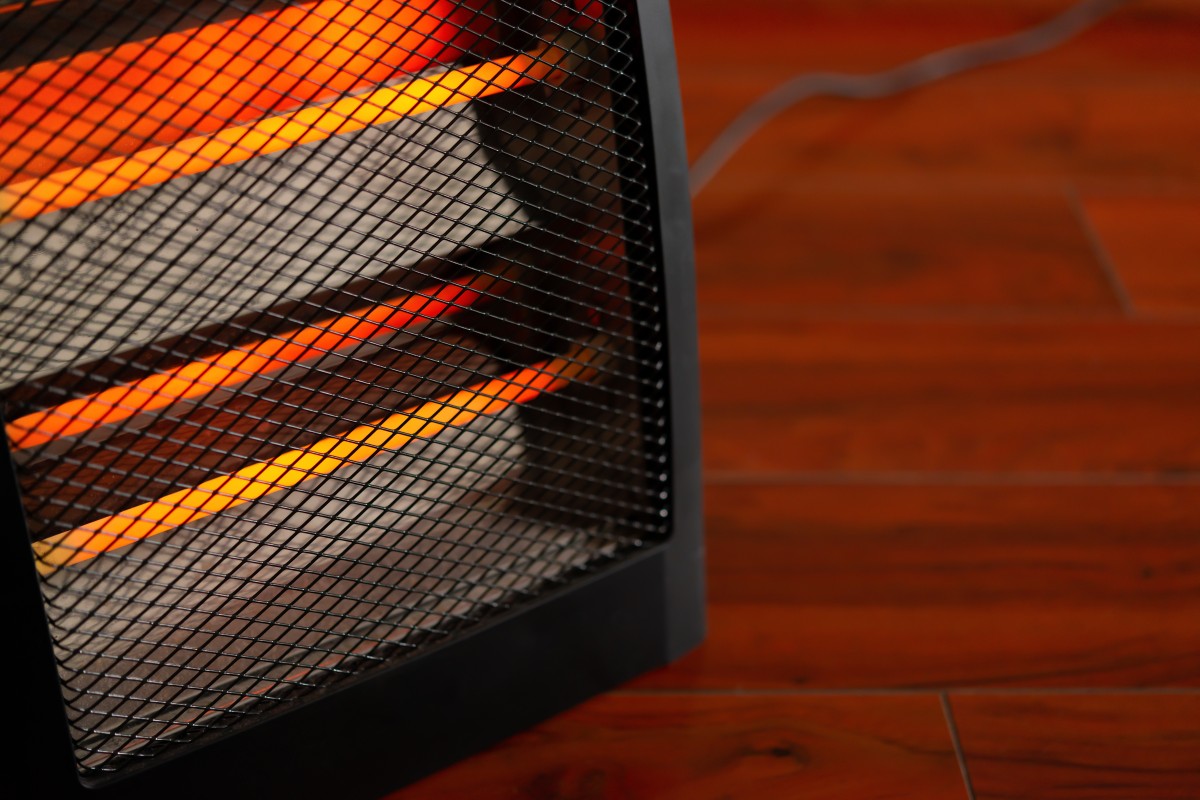Using a space heater is safe as long as you follow these tips

Space heaters can be dangerous. If used incorrectly, they can start fires. Those fires can kill and harm people, often beyond the home itself, as they spread to other buildings or other sections of multi-residential buildings.
Most recently, a malfunctioning space heater was blamed for starting a fire in an apartment complex in the Bronx that resulted in the deaths of 17 people.
Read More »So much so that millions of Americans rely on portable electric heaters to retain a temperature in their homes that is comfortable through the winter months.
Fire protection experts point out, too, that when space heaters are used properly, they can be safe in almost all situations.
Most deaths
The statistics tell a grim story of when they are used incorrectly, however. Space heaters are responsible for a little under half of all residential fires, but they account for eight out of 10 of the deaths and injuries in those fires, according to a report by the National Fire Protection Association.
In the four years from 2014 to 2018, a yearly average of 48,530 fires were caused by heating equipment—including space heaters—resulting in about 500 deaths, 1,350 injuries and $1.1 billion in property damage each year, the association says.
Unsurprisingly, the fires occurred most often in the winter months.
Fires caused by heating equipment were less likely to take place between midnight and 8 a.m., the National Fire Protection Association report says, but those fires accounted for almost half of the deaths as well as a third of the injuries and direct damage to property. A major reason is that people were unable to take steps to put out the fire or escape quickly because they were asleep at that time.
In contrast, most house fires from heating equipment take place between 4 p.m. and 8 p.m., but people are awake or nearby at that time and so the damage can be lessened.
Safety tips
Here are tips from the Washington, D.C.-based Association of Home Appliance Manufacturers on how to use portable electric heaters safely. The association suggests you always read the warning labels and manufacturers’ instructions before using a portable electric heater.
• When buying a heater make sure it is certified as safe.
Look for a certification on the heater or the packaging that shows it has been tested by a nationally accepted testing laboratory.
• Never leave a heater unattended when it is in use.
Always unplug the heater when it is not being used; it is not sufficient only to turn the heater itself off.
• Never plug a heater into an extension cord or power strip.
Should the extension cord not be strong enough for the current being used it could overheat and could cause a fire.
• Avoid placing any objects on the cord that leads from the heater to the power outlet.
Never place furniture on the cord as it could damage it. Place the cord on top of carpets and area rugs, never underneath them.
• Never use a heater that has a cord that has been damaged in any way.
• Keep materials that can catch fire away from the heater.
Objects such as curtains, clothes, papers, furniture, and pillows should be kept at a minimum of three feet away from the back, sides, and front of the space heater.
• Keep materials that are flammable, such as paint and gas, far away from the heater.
• Avoid using heaters in damp or wet areas unless they are specially designed for use outdoors or in bathrooms.
Moisture might damage heaters that are not designed to be used in areas that are subject to dampness.
• Check now and then to see whether the plug fits securely into the outlet
You might need to replace the outlet if the plug fails to fit snugly in it or should the plug itself become extremely hot. It is best to engage the services of a qualified electrician should the outlet need to be replaced.
• Avoid plugging any other electrical device in the same outlet as that in which the heater is plugged.
Doing so could result in the outlet becoming overheated.
• Keep children away from heaters.
Never place a heater that is unattended in a child’s room.
• Make sure the heater is placed on a surface that is level and flat.
Place the heater on a table top only when the manufacturer certifies that it can be used there. Also, avoid placing a heater on furniture. It might fall, causing parts of the heater to become dislodged or broken—a clear fire hazard.
• Avoid leaving a heater unattended in a confined space.
Leaving a heater unattended in a confined area can risk hyperthermia, which can be deadly, particularly when it comes to people with reduced mental or sensory capacities and infants.





